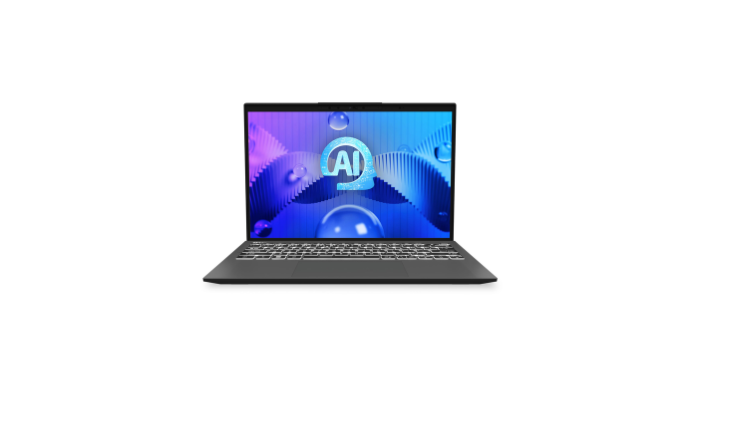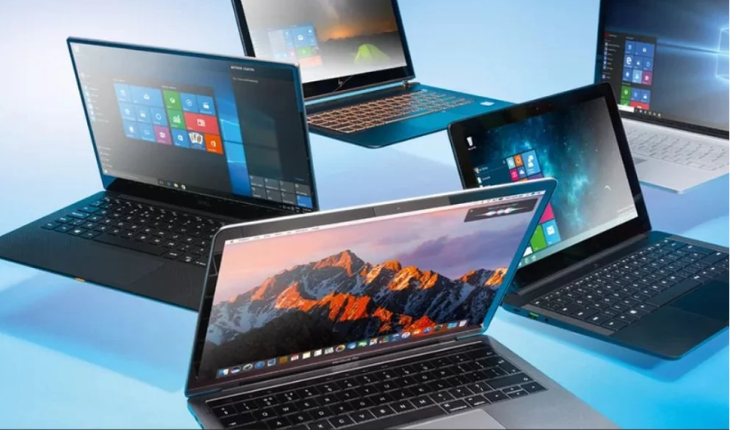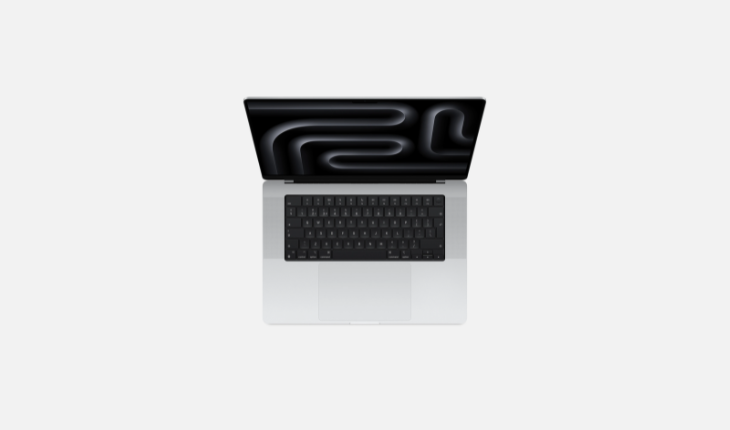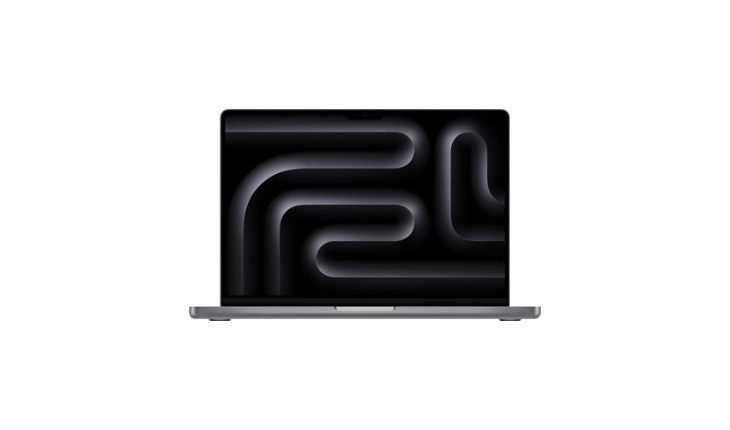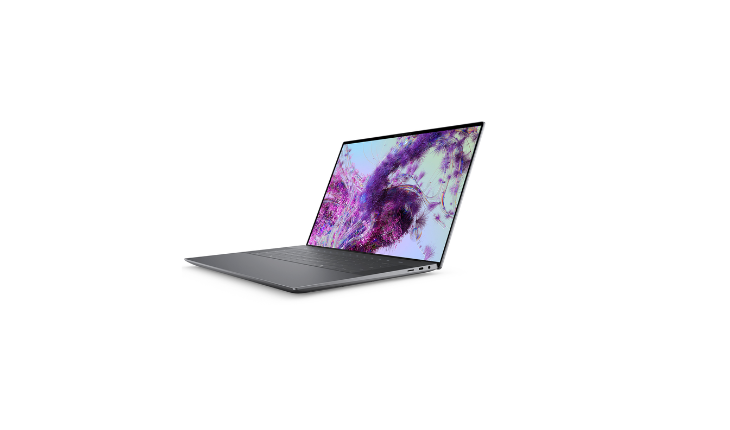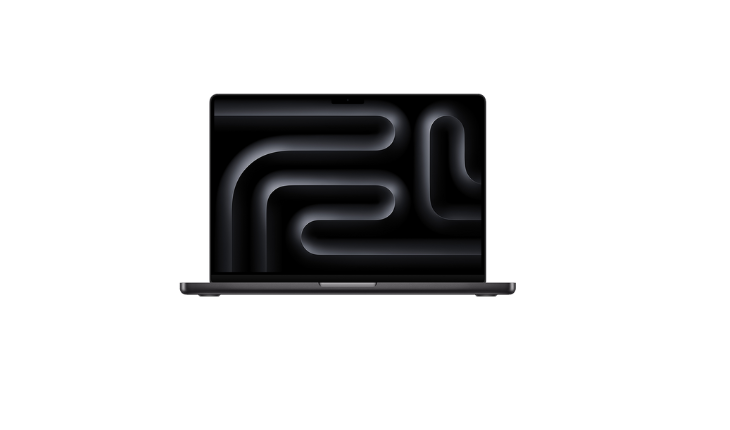Which CPU Type Is Best for Programming?
Choosing the best CPU for programming depends on several factors, including performance, number of cores, threads, cache memory, and power consumption. In general, Intel Core i7, i9 and AMD Ryzen 7, Ryzen 9 series processors are considered the best, as they are suitable for compiling complex code with more cores and faster clock speeds, running multi-threaded applications and virtual machines. If you’re working on deep learning, artificial intelligence or heavy software development, high-end processors like the Apple M series (M2, M3, M4) or AMD Ryzen Threadripper may be more efficient. Therefore, the choice of CPU for programming depends on the nature of your work and the desired performance.
Is 16GB RAM Enough for Programming Today?
In today’s era, 16GB RAM is considered sufficient for general programming, especially if you are working on web development, mobile application development or general software development. This quantity is suitable for running code editors, browsers, databases, and virtual machines simultaneously. However, if you’re performing resource-intensive tasks like deep learning, game development, 3D modeling, or heavy software compiling, 32GB or more of RAM will be better. Similarly, if you are running multiple virtual machines or containers at the same time, more RAM will improve the performance of your system. Overall, 16GB of RAM is a suitable choice for general programming, but upgrading to more RAM for advanced and heavy projects would be a better decision.
Which Storage Type Is Best for Programming?
Choosing the right storage type for programming can impact your workflow. Solid State Drives (SSDs), Hard Disk Drives (HDDs), or cloud storage—each has its advantages. This blog post will explore these options. We’ll discuss speed, reliability, and cost-effectiveness. By the end, you’ll know which storage type best suits your programming needs.
When considering speed, SSDs generally outperform HDDs, offering significantly faster read and write times, which can greatly enhance the efficiency of compiling code and running applications. However, HDDs still hold an advantage in terms of cost per gigabyte, making them a viable option for those who require large storage capacities without breaking the bank. On the other hand, cloud storage provides unparalleled accessibility and collaboration features, allowing programmers to work from anywhere and easily share projects with team members. Ultimately, the choice among these storage types will depend on individual programming requirements, budget constraints, and the specific nature of the projects being undertaken. Best Small Laptop
Is a GPU Necessary for Programming?
- Enhanced Performance for Specific Tasks: A GPU can significantly speed up tasks like rendering graphics or training machine learning models. This is beneficial for developers working on graphics-intensive applications.
- Parallel Processing Capabilities: GPUs excel at handling multiple tasks simultaneously. This makes them ideal for programming tasks that require heavy computations, such as simulations or data analysis.
- Improved Development Experience: With a GPU, developers can run applications more smoothly. This leads to faster testing and debugging, improving overall productivity.
While a GPU is not essential for all types of programming, it offers clear advantages for certain fields.
Which OS Is Better for Programming?
Choosing the best operating system (OS) for programming depends on your needs, the development environment, and the tools required. Linux, Windows and macOS all have their advantages.
Linux (Ubuntu, Fedora, Arch) is an open source, stable, and developer-friendly OS, ideal for server-side development, web development, and machine learning. It provides fast, secure and excellent command line support.
Windows is suitable for most .NET, C #, game development (Unity, Unreal Engine) and Visual Studio users due to its extensive software support. Modern versions, such as Windows 11 WSL (Windows Subsystem for Linux), also provide a lot of convenience for Linux.
macOS is especially great for iOS, macOS app development (Swift, Xcode), and UI / UX designers. It is a stable and powerful OS, which comes with a Linux-like UNIX-based environment and great hardware optimization.
Conclusion: If you are doing open source development or web development, Linux is the best option. Windows is an all-rounder OS for most developers, while macOS is ideal for Apple development and creative work. Best Dell Laptop for Computer Science
How much RAM is best for laptop for coding?
When determining the ideal amount of RAM for a laptop dedicated to coding, it largely depends on the type of development work you’re engaged in. For light programming tasks, such as web development or scripting, 8GB of RAM might suffice, but it’s becoming increasingly limiting as modern IDEs and tools grow more resource-intensive. For most developers, 16GB is the sweet spot, offering enough headroom to run multiple applications, virtual machines, and Docker containers simultaneously without noticeable lag. However, if you’re diving into data science, machine learning, or game development—where large datasets and complex simulations are common—32GB or even 64GB of RAM can future-proof your machine and ensure seamless multitasking. Ultimately, investing in more RAM than you currently need can extend your laptop’s relevance as software demands continue to evolve.
